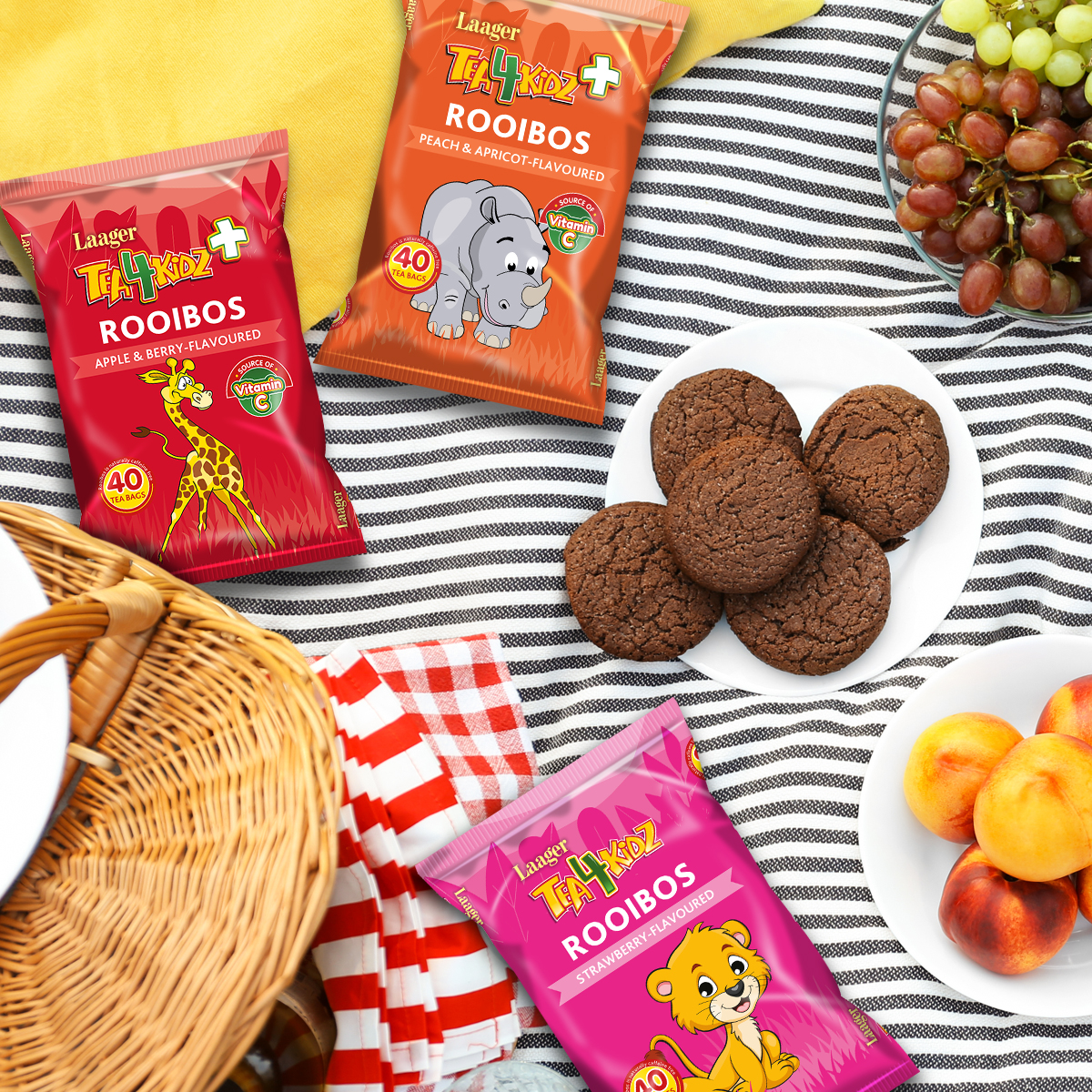If your kids are bugging you for a four-legged friend, it might be time to listen. Sure, we know pets can be messy and, as a parent, you’ve got enough on your plate. However, studies have shown they can actually improve child development! Take a moment to read through this article. You’ll discover just how pets can help prevent separation anxiety in children.
“Any glimpse into the life of an animal quickens our own and makes it so much the larger and better in every way.” – John Muir
Studies were undertaken by various universities in America, to measure the effect of owning a pet on child development. They monitored 643 kids, between the ages of six and seven. The study focused predominantly on dogs. It was found that 21% of children that did not own dogs met the clinical threshold for anxiety and other related disorders. This compared with 12% of children that did have dogs.
Researcher, Dr. Anne Gadomski, believes that this could either be accredited to the fact that less nervous children own pets or that pets can make children less anxious. She went on to say that children and their pets form a very special bond. This bond tends to have a calming effect and children feel they are in a safe environment when around their pets.

Pets make your kids smile
The study revealed that children, aged seven to eight, found pets provided more comfort, self-esteem and friendship than humans did. Dogs in particular, are known to follow communicative human prompts and signs. This could prove highly effective for children’s emotional development. This is how they learn important communication skills and express love to another being.

Parents of children who suffer with anxiety disorders shared their experiences from the study. One mother mentioned that her child was afraid to be alone in their house. When this was investigated further, it was found that having a pet comforted and helped to ease the child’s anxiety. Another mother expressed her child suffered from shyness and that having a pet taught her son responsibility and confidence. He began to see himself as a pet owner – encouraging him to believe in himself.
Pets can act as ice-breakers. If adults are trying to communicate with a shy child, a pet can encourage conversation. Generally, children love to talk about their pets and the shyness dissipates.






